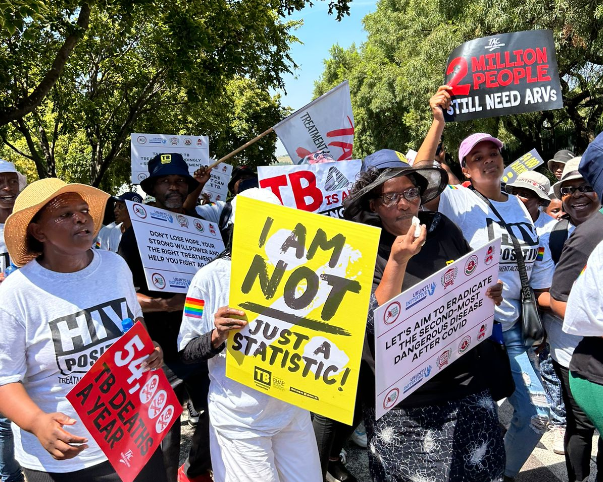Despite South Africa’s liberal abortion legislation, social stigma undermines the willingness of women to seek safe and legal abortion services. Gaining new perspectives on abortion attitudes will help us find ways to reduce stigma and offer better support to pregnant women in distress. Drs Ben Roberts, Steven Gordon and Jarè Struwig examine abortion attitudes over the past two decades based on data from the HSRC’s South African Social Attitudes Survey.
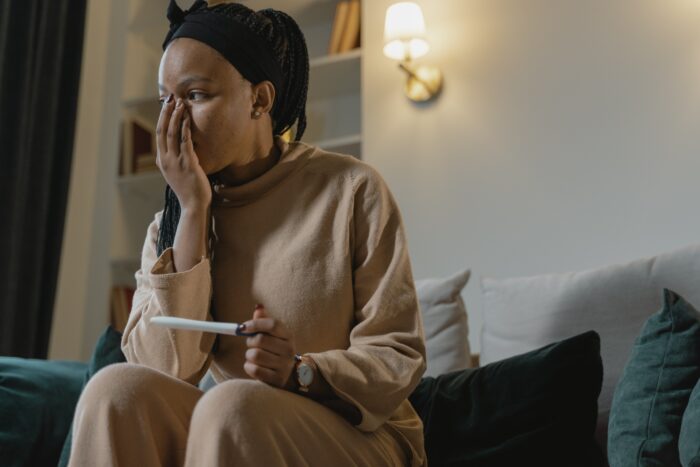
The Choice on Termination of Pregnancy Act (No 92 of 1996) provides women in South Africa with the reproductive right to safe and legal abortion. However, social stigma remains a barrier, leading some women to opt for unsafe, so-called “backstreet” procedures.
To better understand abortion attitudes, we examined data from the South African Social Attitudes Survey (SASAS) from 2003 to 2021. Conducted annually by the HSRC, the representative survey reaches approximately 3,000 adults aged 16 years and older. We used standard questions on abortion attitudes, originally designed by Prof Alice Rossi for inclusion in large-scale public opinion surveys in the United States in the mid-1960s. These questions have since been used throughout the world, allowing us to compare South Africa with other countries.
Signs of incremental acceptance?
Respondents were asked the following: “Do you personally think it is wrong or not wrong for a woman to have an abortion … (i) if there is a strong chance of serious defect in the baby?; (ii) if the family has a low income and cannot afford any more children?” Responses to the items are captured using a four-point scale: “always wrong”, “almost always wrong”, “wrong only sometimes”, and “not wrong at all”.
Over the full period, over half (54%) of South Africans on average believed that abortion where the foetus might have serious defects was “always wrong”, while 9% considered it “almost always wrong”, 12% as “wrong only sometimes”, and 22% viewed it as “not wrong at all”. Three percent answered “don’t know”.
The perceived acceptability of abortion for foetal anomaly remained relatively constant, with a clearer drop in “always wrong” responses after 2018 (from 57% in 2018 to 44% in 2021). (Figure 1 (i)). Coupled with an upswing in the “not wrong at all” responses, this may signal weakening opposition to abortion under such circumstances but will require further monitoring.
Figure 1. Changes in the acceptability of abortion under differing circumstances: the cases of (i) severe foetal anomaly and (ii) poverty, 2003–2021 (%)
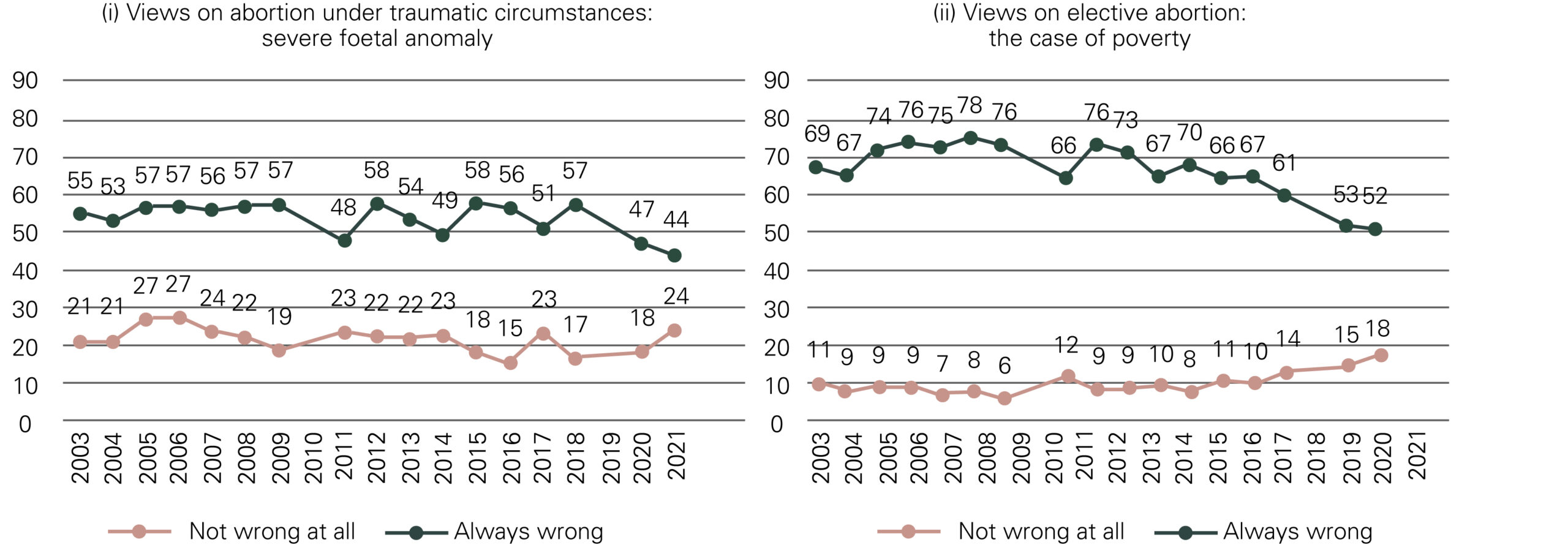
Note: The graphs display only two of four response categories, the most accepting and opposing viewpoints. The items were not included in 2010 or 2019. Data are weighted to be nationally representative of adults 16 years and older. Source: HSRC SASAS 2003–2021
Figure 1 (ii) shows abortion acceptability if a woman elects to abort due to poverty. On average, about 69% believed that abortion due to material hardship was “always wrong”, while 10% regarded it as “not wrong at all”. A minority (8%) reported that it was “wrong only sometimes” and 10% believed it was “almost always wrong”. Two percent were unsure.
Attitudes on poverty-related elective abortion have changed notably since 2003. By late 2021, only about half of the adult population felt abortion for financial reasons was “always wrong”, while a significant minority (18%) stated that abortion was “not wrong at all”.
South Africans have been consistently more supportive of abortion in traumatic circumstances, such as a high risk of birth defects in the baby, than for financial concerns. This finding has also been observed in other countries.
A world of difference?
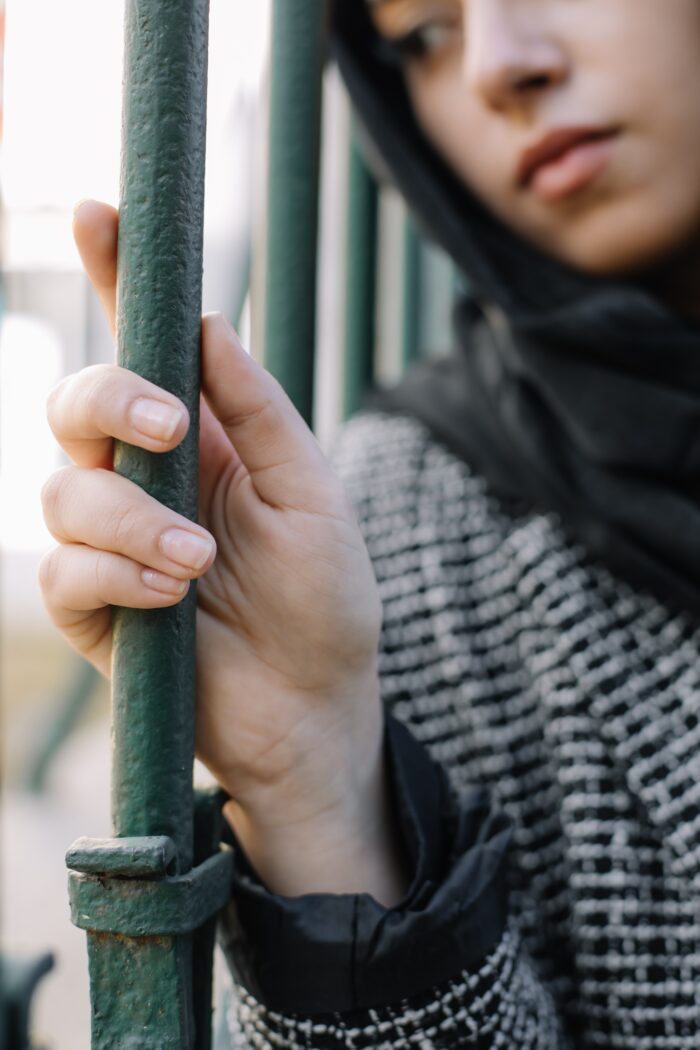
How do South African views on the acceptability of abortion compare to those of other nations? The 2018 round of the International Social Survey Programme (ISSP), conducted in 47 countries, showed remarkable variation in poverty-related abortion acceptability between countries (Figure 2).
Relative to other African countries participating in ISSP 2018, such as Kenya, Ghana, Malawi and Nigeria, South Africa appears more liberal, although the share expressing an accepting view (13%) is low in absolute terms. However, South Africa appears quite conservative when compared with European countries, especially Sweden, Denmark and France. Many countries displayed a growing acceptability towards elective abortion.
The increase in those South Africans saying that elective abortion is “not wrong at all” from 13% in 2018 to 18% in 2021 equates to a jump of five places in the country rankings in Figure 2 (assuming other country positions remained unchanged).
Photo: Meruyert Gonullu, Pexels
Figure 2. Percentage who stated that it is “not wrong at all” for a woman to have an abortion if the family has a very low income and cannot afford any more children, 2018 (elective abortion)
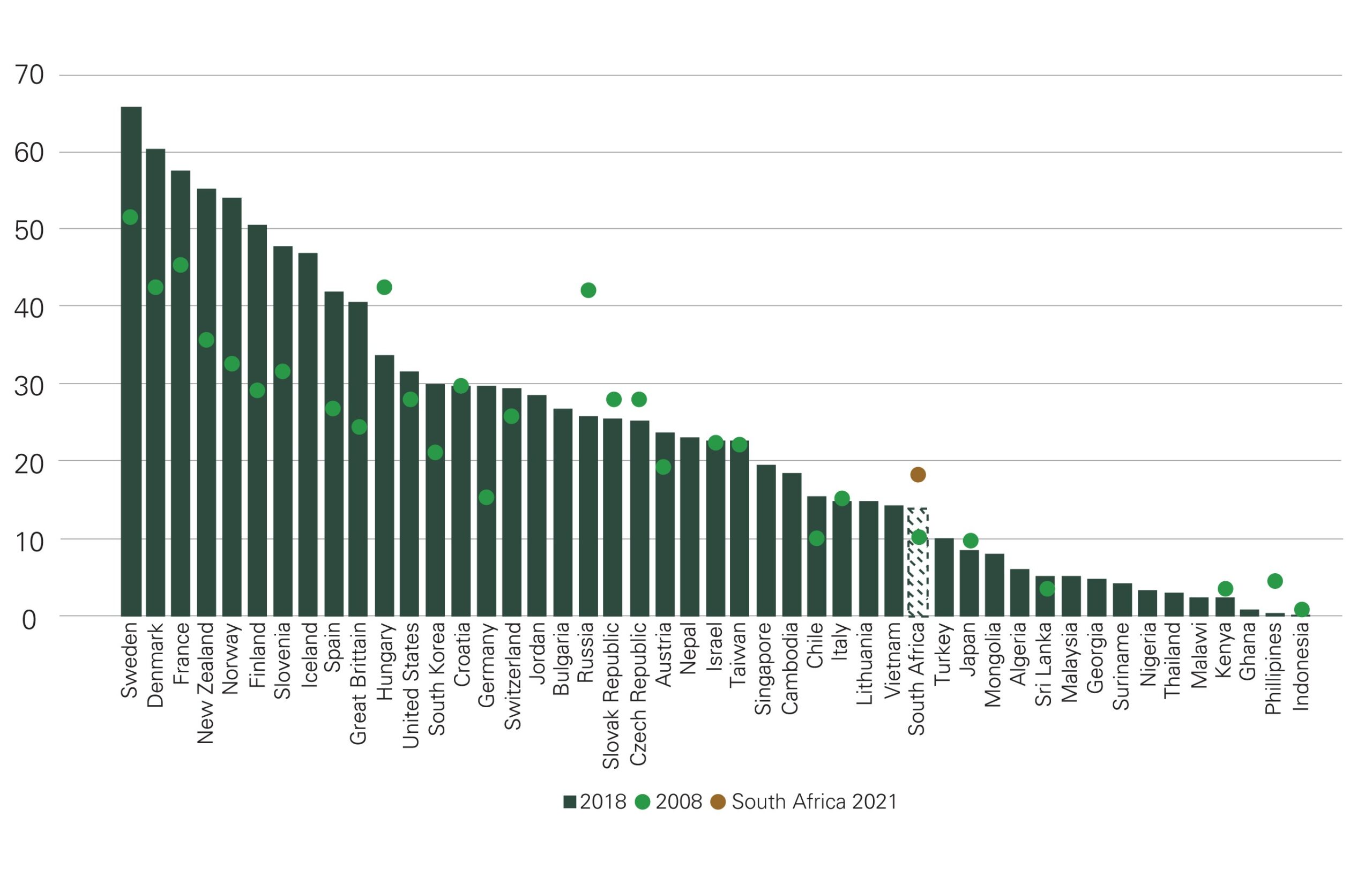
Source: International Social Survey Programme (ISSP) Religion module (2008, 2018); HSRC SASAS 2021
A united nation?
Is the general shift towards a more accepting abortion attitude widespread or driven by changes among certain groups only? Table 1 presents changes in the share believing that economic reasons for elective abortion are “not wrong at all” based on select socio-demographic characteristics.
We find a significant, general increase in acceptance of abortion among both men and women, with the level of change greater for women.
Among men, the largest increase in acceptance was among older age groups. In contrast, younger women showed the largest increase in acceptability. Attitudinal change was much slower for young men.
Men with no secondary education experienced the greatest change (a rise of 10 percentage points). For women, individuals with a matric-level education underwent the fastest rate of change (an increase of 15 percentage points).
Table 1: Percentages stating that elective abortion in the case of poverty is “not wrong at all”, by selected attributes, 2016 and 2021
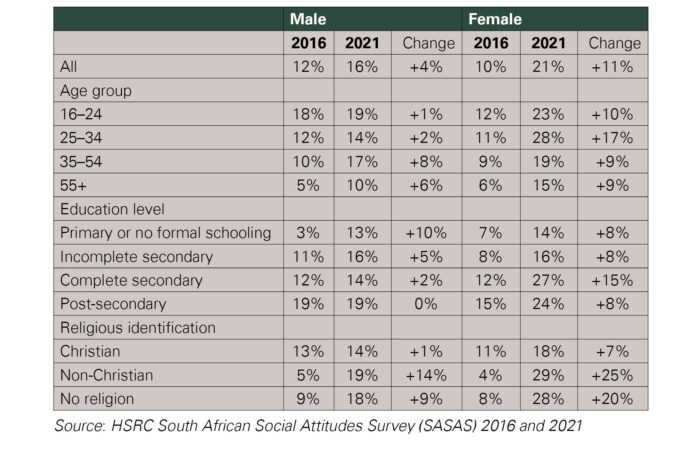
More moderate gender differences were found for the acceptability of abortion in the case of foetal anomaly (results not shown), with clear variation by education. For example, 31% of adults with a post-secondary qualification felt getting an abortion under these traumatic circumstances was “not wrong at all”, compared to 16% of adults with primary or no formal schooling. Among adults with limited formal education, women were much more accepting of abortion under traumatic circumstances than their male counterparts.
Faith and freedom
Religion was a noteworthy dividing line. Although Christians were more accepting of abortion than non-Christians and secular adults in 2016, this trend had reversed by 2021, with non-Christians (especially members of the Hindu and Islamic faiths) becoming more accepting. Christian men showed the lowest level of change and non-Christian women the highest. Those who view themselves as strongly religious also showed less support for elective abortion.
Other research using SASAS 2003–2016 abortion attitudes data (Mosley et al., 2020) found that attitudes towards sexuality and gender roles are significantly associated with attitudes to abortion. For instance, those who opposed premarital sex and were critical of working mothers were more negative towards abortion. The SASAS 2021 results confirmed that these associations remain unchanged.
Need for a varied approach
Negative attitudes towards abortion remain common 25 years after the legalisation of abortion in South Africa. However, acceptance is increasing, especially for elective abortion due to poverty, a trend shared with other countries. These changes in values are widespread, but vary along gender, age and educational lines. More negative attitudes towards abortion were also associated with religious identity and religiosity, as well as traditional views on sexuality and gender roles.
These results point to the need for a varied approach to protecting and promoting women’s sexual and reproductive health rights. This includes: providing access to educational and awareness-raising programmes; improving access to healthcare services; engaging with religious and traditional leaders; advocating for legal protection; and supporting organisations that promote sexual and reproductive health rights.
More nuanced and routine representative social attitudes surveying in the country should examine ongoing changes in norms and attitudes pertaining to sexual and reproductive health issues. The findings can help inform targeted interventions to tackle persistent social stigma around abortion.
Researcher contacts: Drs Ben Roberts and Jarè Struwig are coordinators of the South African Social Attitudes Survey, and Dr Steven Gordon, a senior research specialist in the HSRC’s Developmental, Capable and Ethical State research division.
broberts@hsrc.ac.za; sgordon@hsrc.ac.za; jstruwig@hsrc.ac.za


